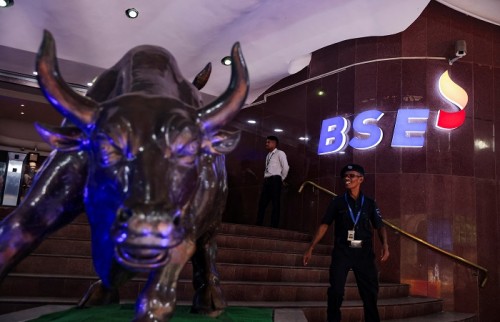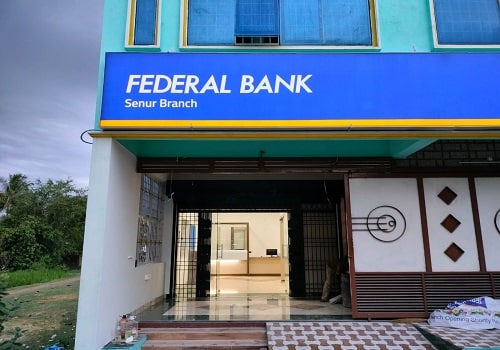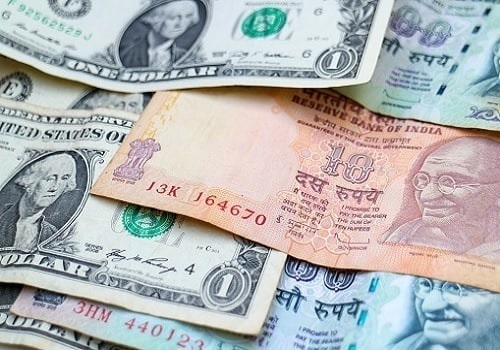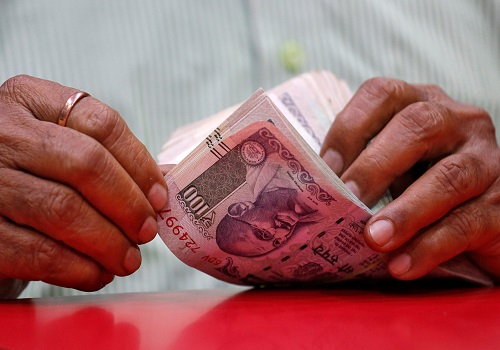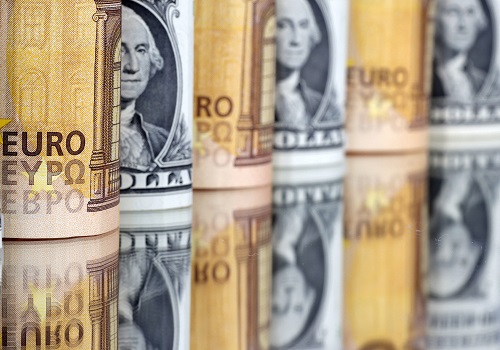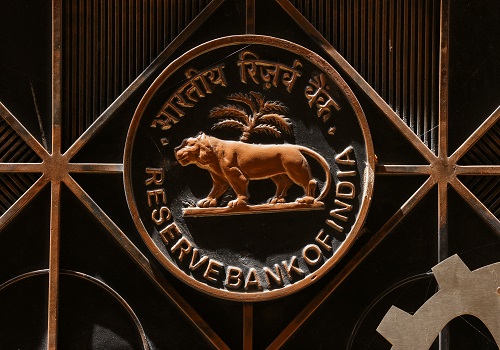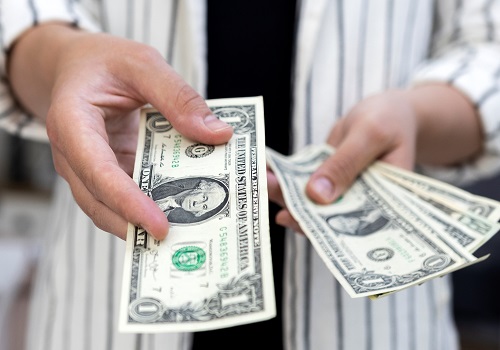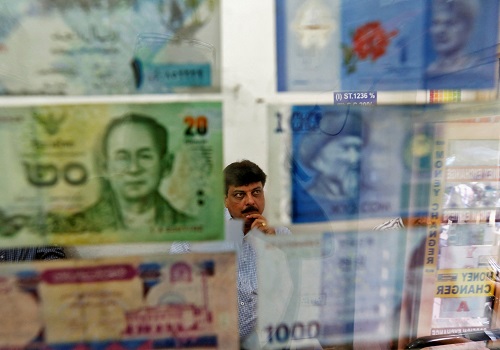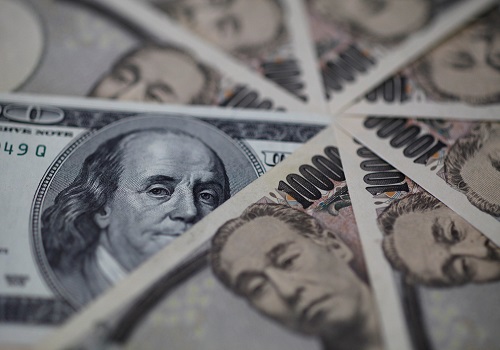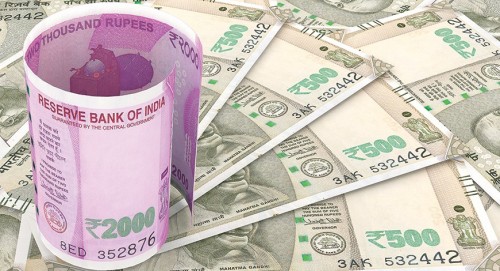Fiscal year change-led carry boosts Indian rupee; importers cap upside
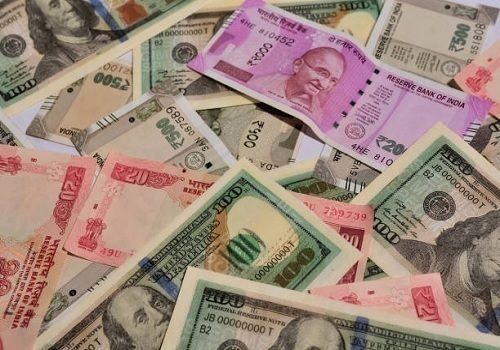
Follow us Now on Telegram ! Get daily 10 - 12 important updates on Business, Finance and Investment. Join our Telegram Channel
The Indian rupee was trading higher versus the U.S. currency on Tuesday, boosted by the carry return of running short dollar positions on account of the upcoming change in the fiscal year.
The rupee was at 82.1825 to the dollar by 11.14 a.m. IST compared with 82.37 in the previous session.
The carry return for running short dollar positions overnight was at 5.5/6.5 paisa, according to traders. The high carry cost is on account of today's spot date falling on the last day of the fiscal year on March 31. Carry reflects the interest rate differentials between two currencies.
The carry has come down over the course of last few sessions, but when the rupee's overall price action is considered, a 6 paisa carry "looks decent," a spot trader at a private sector bank said.
"Obviously when we open tomorrow, the initial quotes on rupee could very well reflect this carry."
The bank's corporate book is "lined up" with orders from importers just ahead of the 82 support on pair, the trader said.
Meanwhile, the dollar index inched lower to near 102.60, in the backdrop of a slightly better risk mood. Asian shares were mostly higher and U.S. equity futures inched up. Indian shares reversed early gains and was trading down.
Worries over the U.S. banking sector lessened to an extent following First Citizens BancShares' agreement to buy all of Silicon Valley Bank's deposits and loans.
The dollar had previously benefited from a risk-off fuelled by the U.S. banking contagion fears.
The focus now shifts to the U.S. data, with Conference Board’s consumer confidence data due later in the day.
"Consensus expects the consumer index will fall a third month to 101 in March from 102.9 in the previous month," DBS Research said in a note. A plunge in the index will be seen as a sign of a probable deeper recession, it said.














